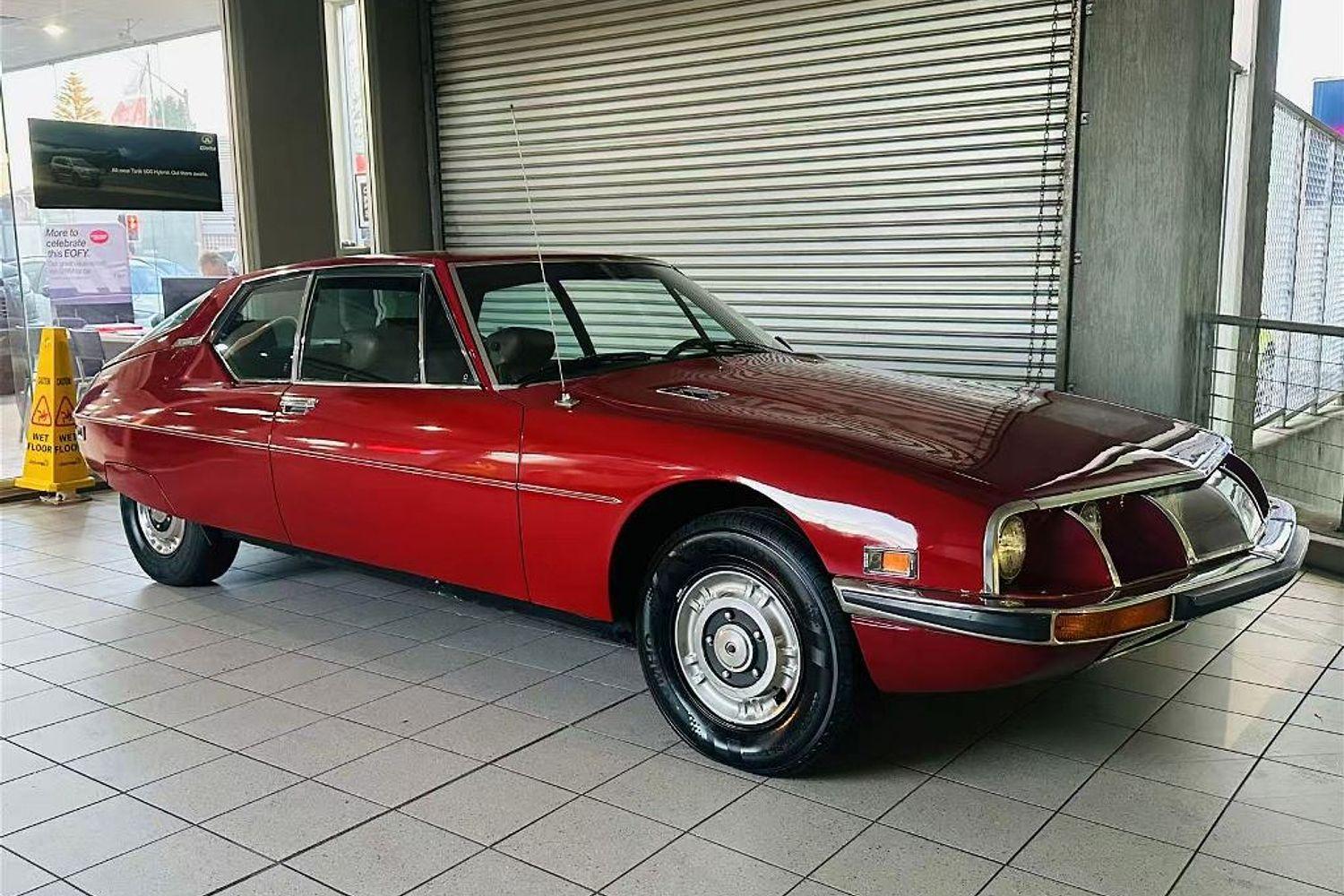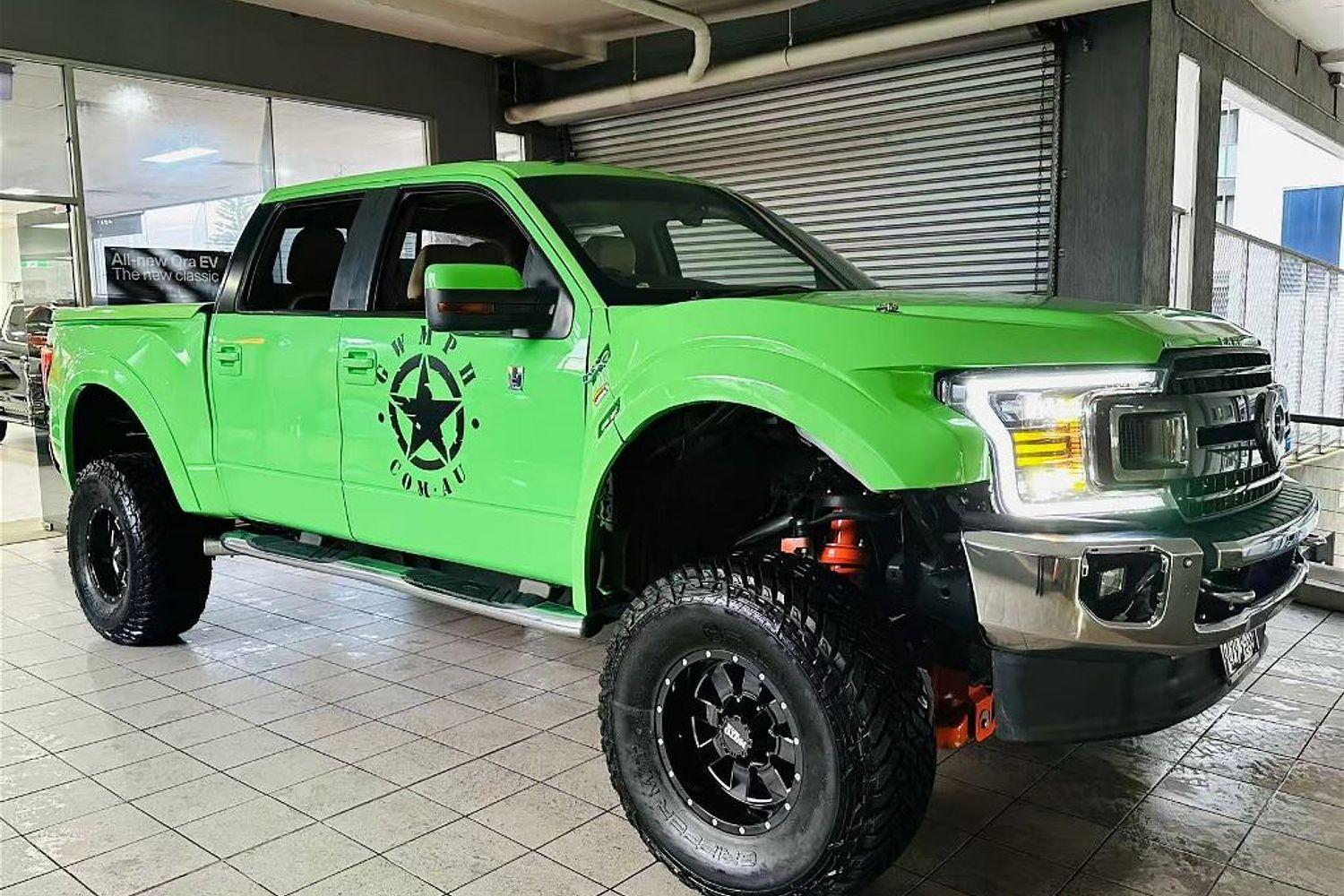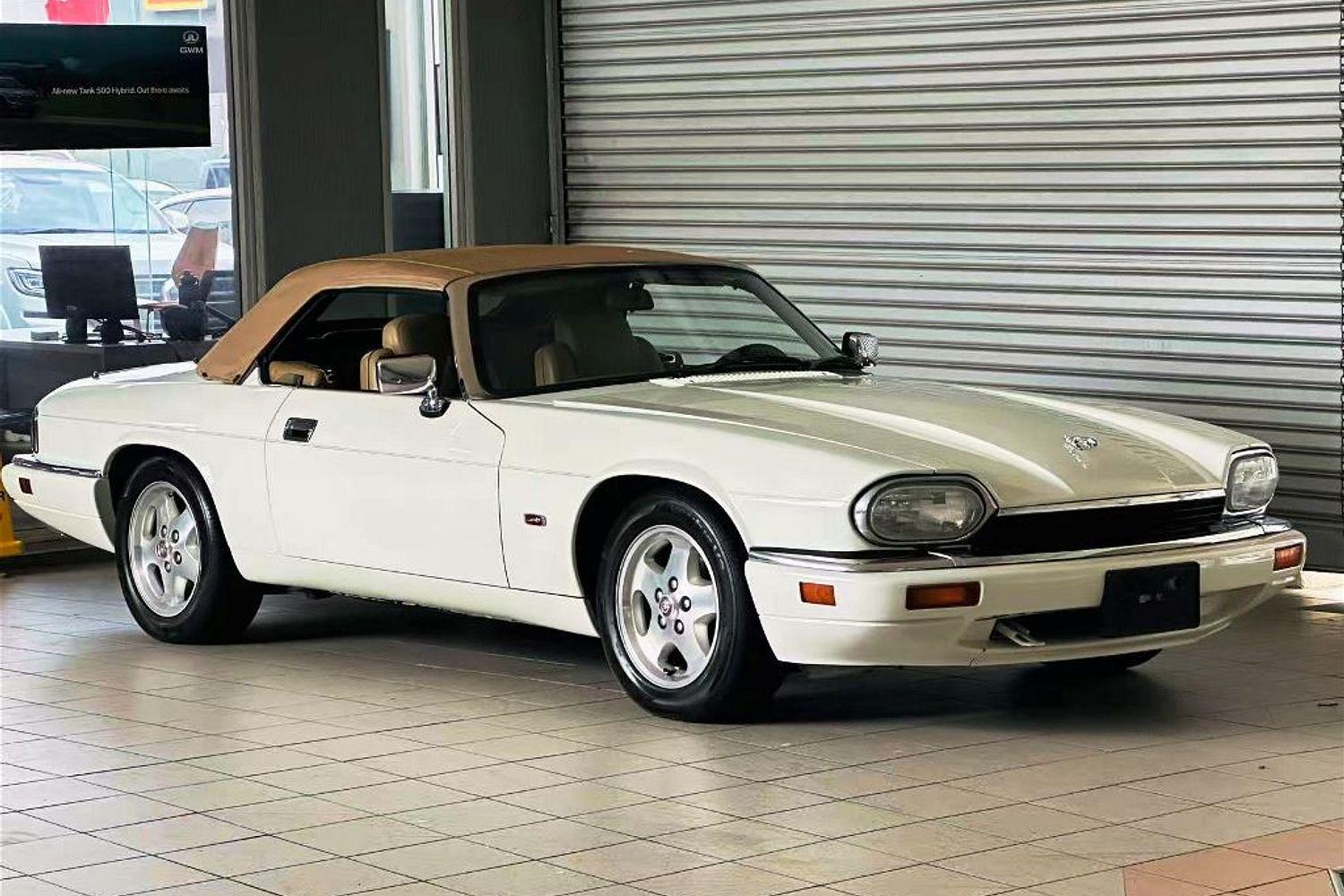Porsche reveals 911 ‘Spirit 70’ Carrera GTS cabriolet
Porsche has unveiled the third model under their ‘Heritage Design’ strategy. Following the 911 Targa 4S Heritage Design Edition from 2020 and 911 Sport Classic from 2022, the new arrival is the 911 Spirit 70. Based on the current (992.2) Carrera GTS cabriolet, the Spirit 70 combines that model’s T-Hybrid drivetrain with special paint and striping, retro-look badges and a recreation of the iconic ‘Pasha’ interior trim.

As the Targa 4S was inspired by Porsches from the 1950s and early ‘60s, with the Sport Classic taking styling cues from the 1960s and early ’70s, the Spirit 70 taps into the decade of disco, with a unique exterior colour and special interior trim that’s said to evoke the spirit of the 1970s and early ’80s.
“Heritage Design models occupy a special position within our product strategy from a design perspective,” says Michael Mauer, Vice President Style Porsche. “The limited-edition sports cars visualise what makes the Porsche brand so special.
“Every design of our vehicles ties in with our history - these vehicles go one step further. They show how we reinterpret historical design elements in a state-of-the-art sports car.”

Alexander Fabig, Vice President Individualisation and Classic, adds that these limited-edition collector's items are “particularly desirable” for customers worldwide: “The first two models in the Heritage Design strategy have brought back the lifestyle of past decades and generated a great deal of enthusiasm. We are delighted with this success and are now proud to present the third, highly exclusive model.”
In line with special models like the Spirit 70, Porsche say they plan to expand their ‘Porsche Exclusive Manufaktur’ tailoring service that, to date, offers more than 1,000 options for Porsche buyers.

Green and Bronze
The ‘Olive Neo’ paint that defines the look of the 911 Spirit 70 is described as “a rich, deep green” by Porsche, but has a much paler, almost khaki look in the images shown. Atop this, three stripes in ‘black silk gloss’ run across the bonnet, forming ‘911’ identification at the leading edge.

Those stripes are said to be reminiscent of “safety stickers” from the 1970s, which sports car drivers used to make their cars easier to see in the rear-view mirror at high speeds on the racetrack or West Germany’s high-speed autobahns. The stripes continue on the cabriolet’s fabric top, with ‘PORSCHE’ graphics and a racing roundel on the flanks also finished in black silk gloss. It’s worth noting that the roundels and striping can be deleted for a subtler look.

Bronzite detailing features on the lower body sections, with this grey-gold paint also applied to Sport Classic wheels (20-inch front, 21-inch rear) that are inspired by period Fuchs alloys. The cabriolet soft top is finished in black, as is the windscreen frame.

Finishing touches outside include a replica of the Porsche bonnet badge from 1963, ‘Porsche Exclusive Manufaktur’ badges in gold on the front guards, gold-plated model identification at the rear and a Porsche Heritage badge on the engine vents that’s inspired by badges given to Porsche 356 owners when their vehicles reached the 100,000km mark.
There are also puddle lamps in the mirrors that project ‘Heritage Design’ and ‘Icons of Cool’ when the doors are opened.

Pasha Revival
From 1978 to 1984, Porsche offered dramatic and psychedelic ‘Pasha’ seat trim on the 911, 924, 944 and 928. Said to be inspired by a waving chequered flag, the pattern combined squares in different sizes and angles to create a 3D look.
When new, this seat trim option was available in black and white, black and blue, brown and white, and red and white. For the modern take on Pasha that’s applied to Spirit 70, black is matched to Olive Neo to pick up on the exterior.

Another change sees the original jacquard velour material for this trim replaced with fabric that incorporates flock yarns. According to Porsche, the material provides an improved feel and more comfort, especially on longer journeys.
Applied to the centres of the 18-way adjustable sports seats, Pasha fabric also features on the doorcard inserts, inner sills, the panel behind the seats, a reversible boot mat and even inside the glovebox. As an option, Pasha trim can be added to the lower section of the dash, with decorative inlays on the seat uprights also optional.
The seat bolsters and outers are trimmed in basalt black leather with Olive Neo stitching, with further leather accents added through the cabin - the steering wheel, upper dash, vent surrounds and upper door trims – as part of the club leather interior package.

While the trim is retro-inspired, instrumentation in the Spirit 70 uses a modern, 12.65-inch digital gauge cluster with white pointers and green digits in the style of the 356.
Spirit 70 buyers will also have the option to purchase a matching sports chronograph created by Porsche Design that features a Pasha pattern on the face and unique identification on the back. The watch will only be offered to Spirit 70 buyers.

Hybrid Power, Matching Threads
The drivetrain for the 911 Spirit 70 is unchanged from the Carrera GTS Cabriolet it’s based on, meaning the “T-hybrid” system that combines the latest 3.6-litre boxer engine with a high-voltage electric motor, ‘eTurbo’ electric turbocharger and a new PDK dual-clutch gearbox to produce 398 kW and 610 Nm. This is the only drivetrain offered.
Away from the car, Porsche will offer a range of apparel and collectables inspired by the Spirit 70, including active wear and day wear, plus lifestyle accessories and scale models.
There’s also a new app for the Apple Vision Pro that “allows users to immerse themselves in the ‘70s and design their dream vehicle,” customise a 911 Spirit 70 and gain insight into the “iconic designs” of the 1970s.

Limited Edition
Announced in late April, the 911 Spirit 70 will be limited to 1,500 units globally, which is actually the highest total of the three Heritage Design models released to date.
Order books for Australian customers have opened, with pricing starting at $550,000. Local deliveries are expected in Q4, 2025.













